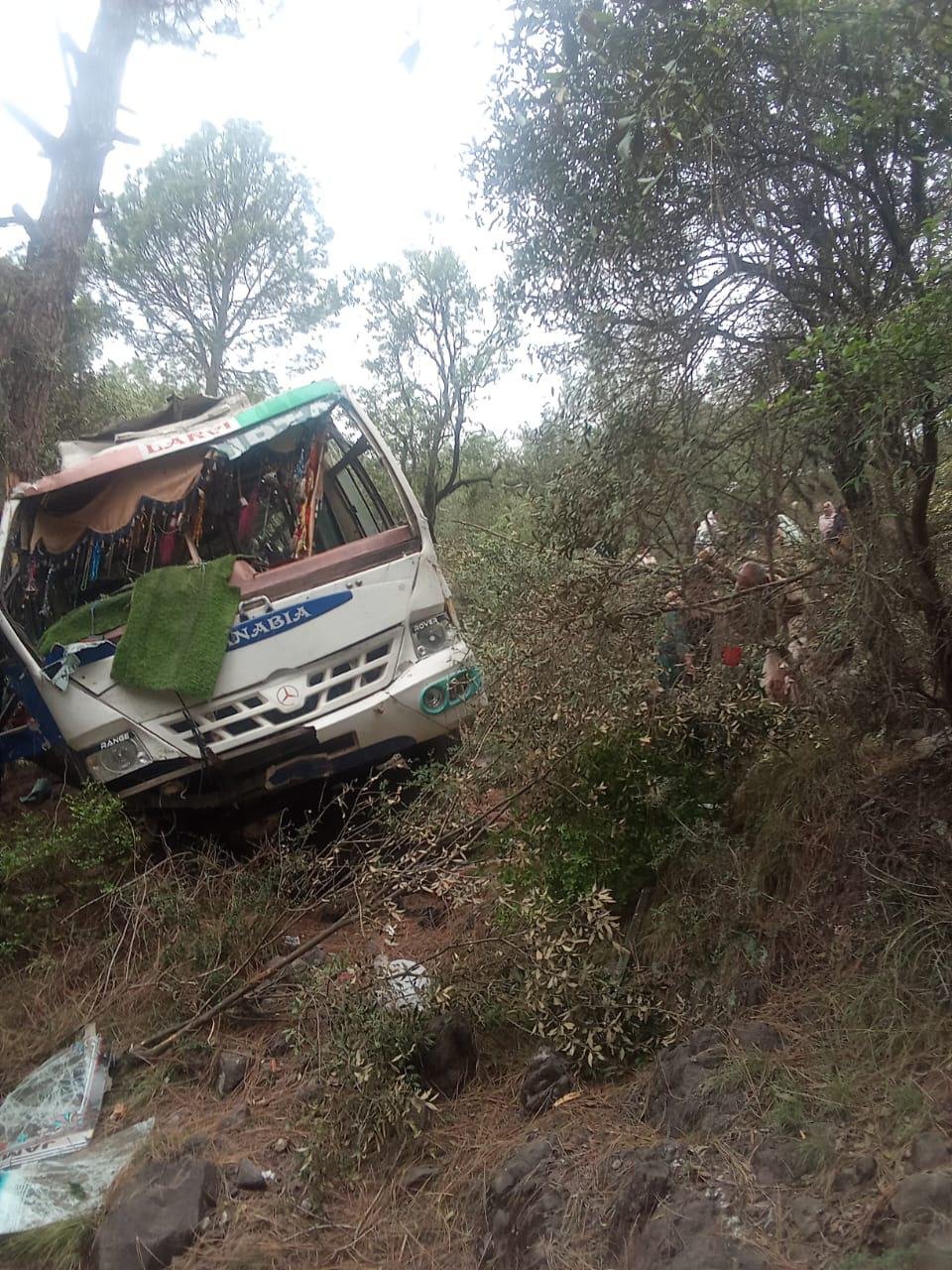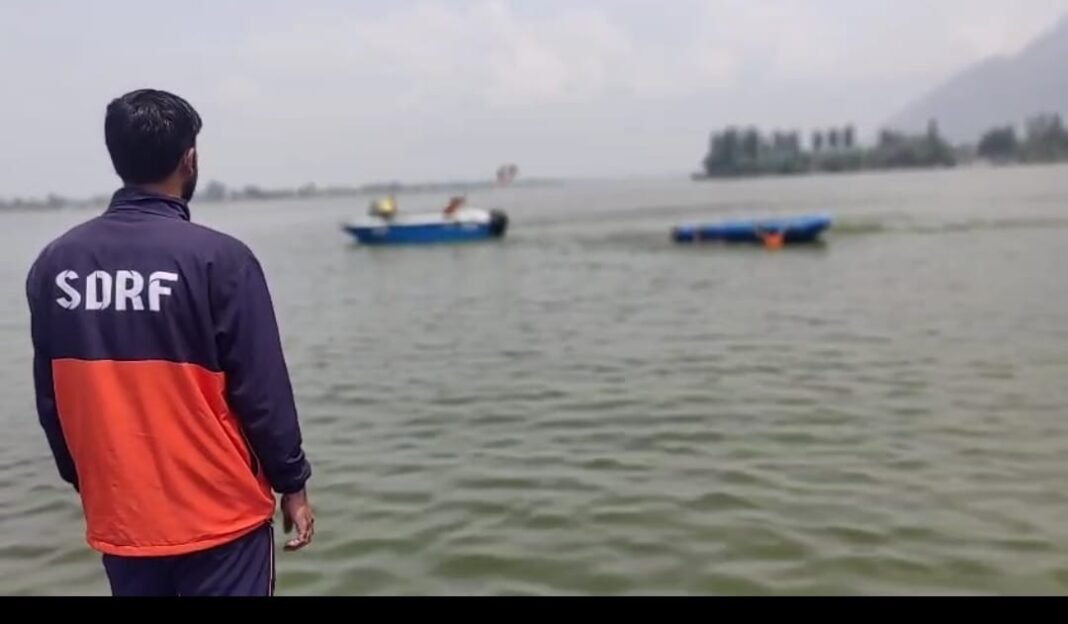‘ Major blow to industry, worse than 90’s’
Diplomat Special Correspondent
Srinagar,(DD):The soothing ripples of Dal Lake no longer echo with the laughter of tourists or the rhythmic chants of boatmen offering Shikara rides. Instead, an eerie stillness has taken hold of Srinagar’s most iconic attraction—its famed houseboats lying idle in the water, many without a single booking for days.
This silence, houseboat owners say, is the loudest proof of the devastating blow the recent Pahalgam terror attack has dealt to Kashmir’s fragile tourism sector.
“After the Pahalgam incident, everything changed overnight. Cancellations started pouring in. I had bookings from Gujarat, Delhi, and even some from overseas. All gone within 24 hours,” said Bashir Ahmad Bhat, a second-generation houseboat owner whose family has been in the business since the 1950s.
At Ghat No. 15 near Nehru Park, only a few shikaras float lazily on the lake, their boatmen looking more at the sky than the shore, hoping for a tourist to call out. Inside the ornate wooden houseboats, once abuzz with visitors marveling at walnut carvings and sipping noon chai, now sit owners with furrowed brows and uncertain futures.
“We were just beginning to recover after years of turmoil, and the pandemic. This attack has shattered our hopes again,” said Nazir Dar, who owns three houseboats. “Our livelihood depends entirely on tourists. No tourists, no food on the table.”
Tourism had shown signs of revival in the first quarter of 2025, with the Jammu and Kashmir Tourism Department reporting a 27% increase in tourist footfall compared to the previous year. Dal Lake had become a symbol of peace returning to the Valley. But the recent violence has once again thrust fear into the hearts of travelers.
According to the Kashmir Houseboat Owners Association, more than 70% of bookings were cancelled within three days of the attack. “We fear this season is gone unless the government steps in with confidence-building measures,” said the association’s president, Ghulam Nabi Sheikh.
Security forces have since intensified their presence in tourist zones, but the psychological impact appears harder to erase.
Still, amid the gloom, some remain hopeful. “We’ve seen worse,” said Bhat. “Kashmir always bounces back. Maybe not today, but one day, the tourists will return, and this lake will live again.” (DD)




